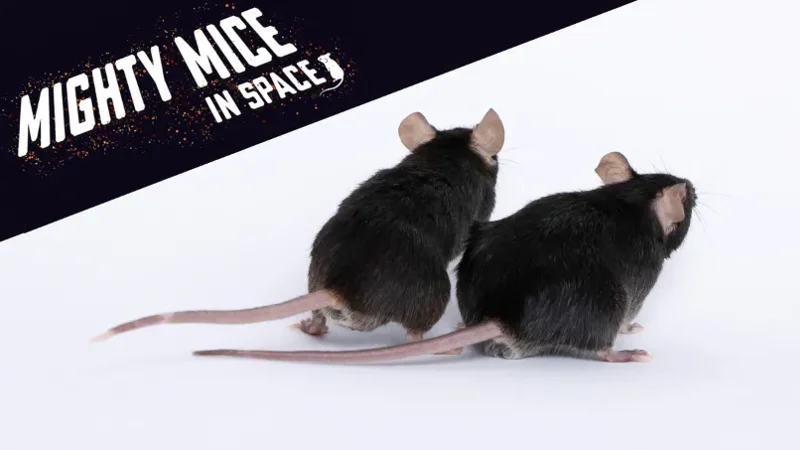Why do researchers work with mice?
Why do researchers work with mice?
Why do researchers work with mice? A collection of frequently asked questions on the benefits of mouse models on human health research.
View more
Diverse mouse models show promise in how we understand and treat diseases, offering a significant improvement over standardized but limited mouse and cellular models.

If you survive a heart attack (myocardial infarction), you may be left with various kinds of damage to your heart, such as scarring or dilation, and that damage may be mild or severe. Complex genetic factors drive these outcomes, as well as the risk of developing cardiovascular disease in the first place.
View more
Researchers study the effect of microgravity on JAX's Mighty Mice — genetically engineered mice that lack myostatin and therefore display increased muscle mass.
Learn more